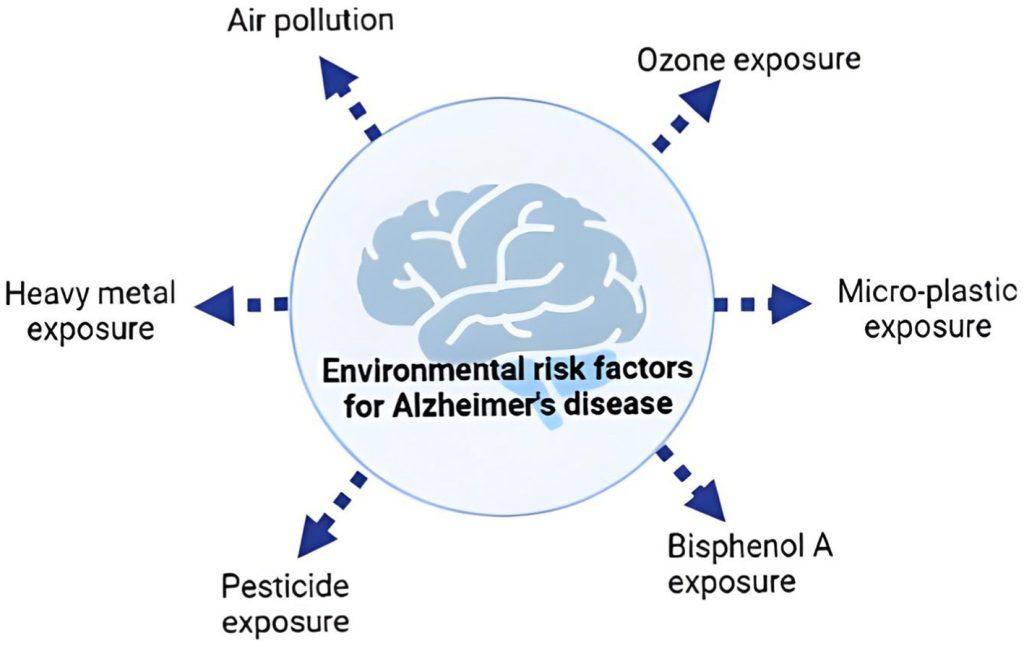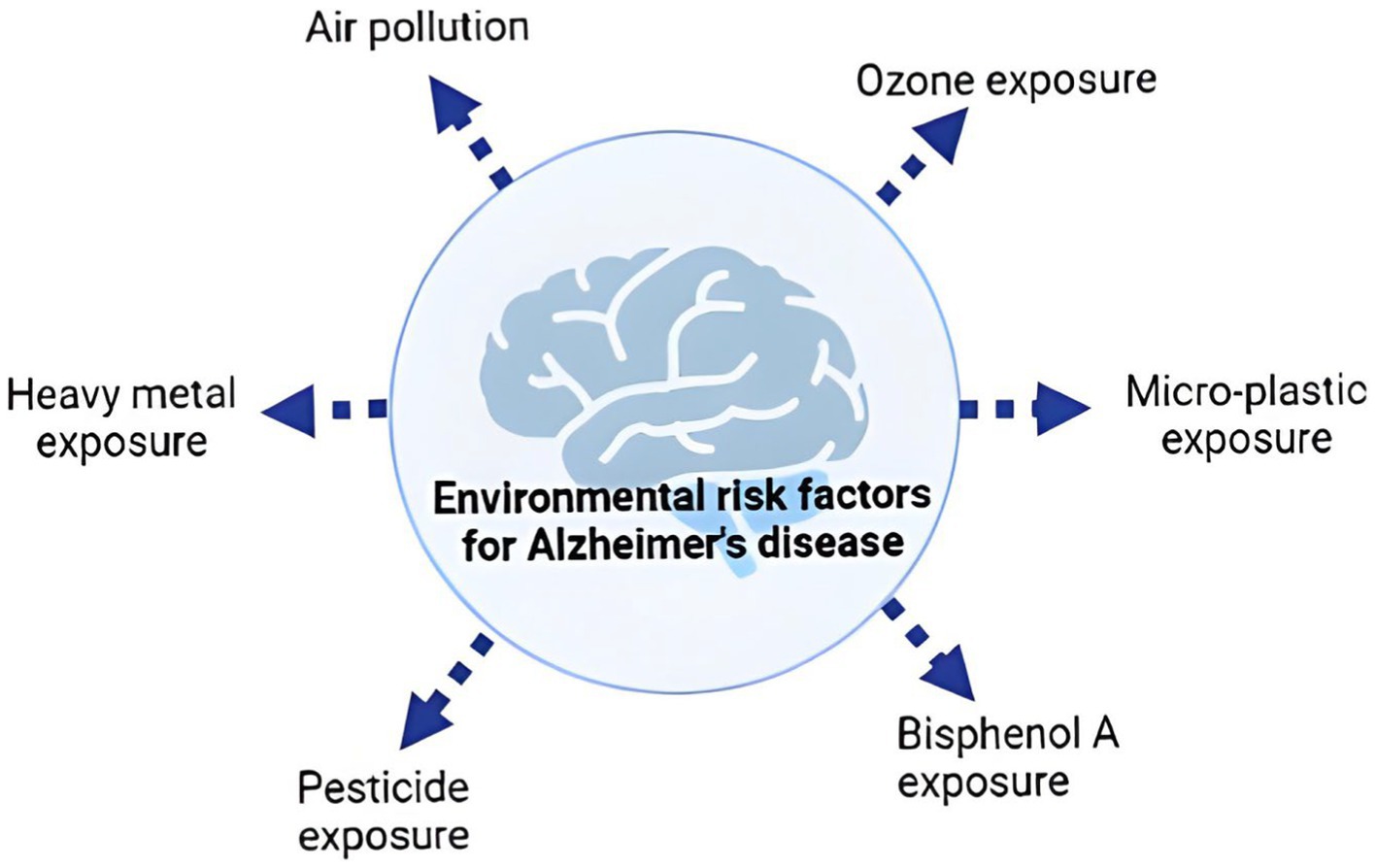
Neurologist Unveils the Ideal Age to Cease Alcohol Consumption for Safeguarding Your Nervous System

### The Consequences of Alcohol on Aging Brains and the Importance of Reducing Consumption After 65
Alcohol consumption has been a widespread practice, whether enjoyed at social events with companions, sought after for stress relief, or used to enhance the taste of gourmet dishes. While it’s a common indulgence, most individuals realize that alcohol isn’t a health booster. New studies have highlighted the detrimental effects of alcohol on health, especially as we age. Notably, esteemed neurologist Dr. Richard Restak recommends total alcohol cessation once we reach a particular age.
#### Alcohol and Cognitive Health: Insights from Dr. Restak
In his 2021 publication, *The Complete Guide to Memory: The Science of Strengthening Your Mind,* Dr. Restak reveals a startling fact regarding alcohol’s effect on the brain, particularly in later life stages. He asserts, “Alcohol is a very, very weak neurotoxin—it’s not good for nerve cells.” But what does this truly imply? While drinking in moderation might not appear harmful during early adulthood, the ramifications for brain health can become more significant as we age.
#### The Danger of Alcohol After 65
By the age of 65, our neuron reserves are already somewhat reduced. Dr. Restak points out that at this stage, it becomes essential to protect the health of the remaining neurons since the body and brain lose the capacity to replace them. Although neuron loss throughout a lifetime may not be as extreme as one might imagine—research from the [British Psychological Society](https://www.bps.org.uk/research-digest/significant-loss-neurons-normal-part-ageing-and-other-brain-cell-myths) indicates only 2-4% of neurons are lost during a person’s lifetime—caring for the neurons that are left should be a priority.
From Dr. Restak’s perspective, it is crucial to completely eliminate alcohol once you reach the age of 65. He emphasizes that for those who continue alcohol consumption beyond this age, it becomes increasingly important to reduce intake with the ultimate aim of quitting by 70. This strategic approach could be vital in maintaining cognitive abilities and hindering brain deterioration.
#### Alcohol and the Risk of Dementia
A significant worry regarding alcohol consumption in older age is its potential role in increasing dementia risk. The UK’s [Alzheimer’s Society](https://www.alzheimers.org.uk/about-dementia/managing-the-risk-of-dementia/reduce-your-risk-of-dementia) warns that excessive alcohol consumption—defined as exceeding 14 units of alcohol weekly—poses a considerable risk to brain health and other bodily systems. Moreover, older adults under the influence face heightened risks of falls and injuries, typically resulting in longer and more complicated recovery times due to age-related factors.
The cognitive and memory deterioration caused by alcohol, combined with the increased likelihood of physical accidents, heightens the dangers of drinking after 65. Eliminating alcohol not only diminishes the risk of cognitive disorders but also lessens accidents associated with alcohol-related impairments.
#### The World Health Organization: No Alcohol Consumption Is Completely Safe
It’s not only Dr. Restak who endorses abstaining from alcohol in later years; the [World Health Organization](https://www.who.int/europe/news/item/04-01-2023-no-level-of-alcohol-consumption-is-safe-for-our-health) (WHO) has asserted that no level of alcohol consumption is risk-free, regardless of one’s age. Dr. Carina Ferreira-Borges, a WHO specialist, stresses, “It doesn’t matter how much you drink—the risk to the drinker’s health starts from the first drop of any alcoholic beverage. The only thing we can state for certain is that…the less you drink, the safer it is.”
While moderation throughout life may mitigate some health risks associated with alcohol, the ideal scenario for maintaining good health, particularly as we grow older, is complete abstinence. Alcohol poses greater risks to our health in later years due to the natural decline in our biological systems and cognitive function.
#### Strategies for Promoting Healthy Aging: Actions You Can Take
The takeaway is unmistakable: if you are nearing 65 or have surpassed that age, reassessing your alcohol habits could significantly impact your brain health. Here are some steps you can take to protect yourself:
1. **Gradual Decrease**: If you’re still drinking alcohol past 65, think about gradually reducing your consumption over time, aiming for complete abstention by the time you reach 70.
2. **Inform Yourself**: Educate yourself about the specific effects of alcohol on your age group and foster discussions with your healthcare provider regarding the associated health risks.
3. **Explore Alternatives**: Look for non-alcoholic options that can fulfill the social or ceremonial roles of drinking without the harmful consequences.
4. **Drink Mindfully:**